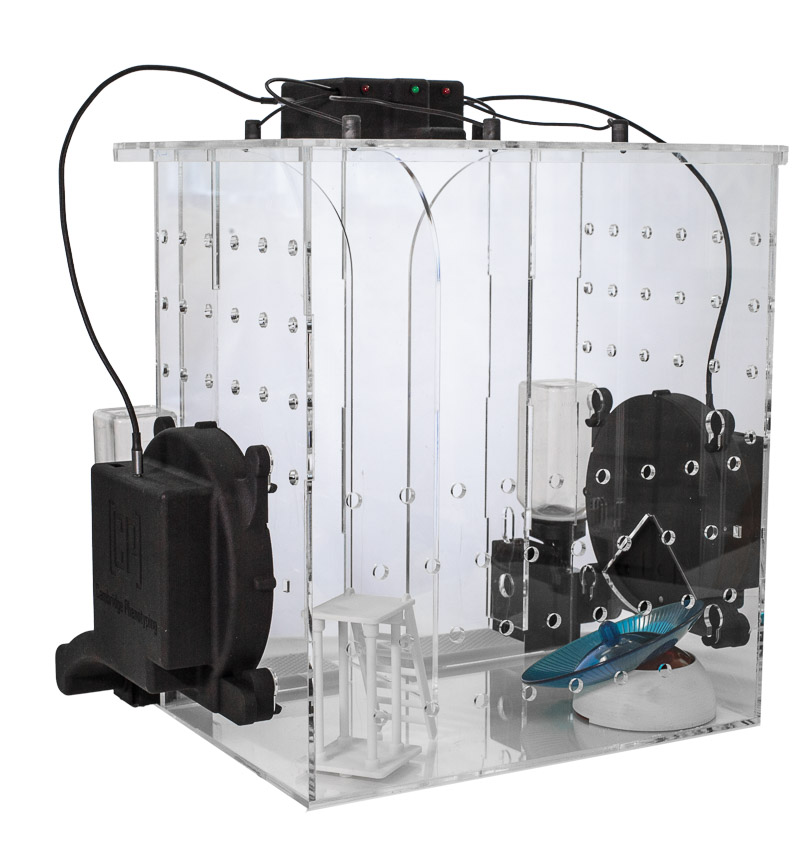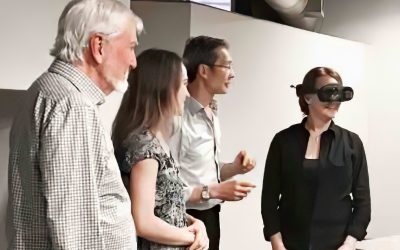In their recent announcement “Coinvest Capital” said:
“Together with business angels and the acceleration fund 70V, we invested in Cambridge Phenotyping, a company created by neuroscientists Julija Krupic and Marius Bauza.
They created artificial intelligence technology “Smart Kage” that helps to monitor and analyze rodent behavior in medical laboratories. It is an incredibly innovative research solution, which allows us to analyze the behavior of the animal 24 hours a day, 7 days a week.
We wish Cambridge Phenotyping the best in introducing the product to the market.”








